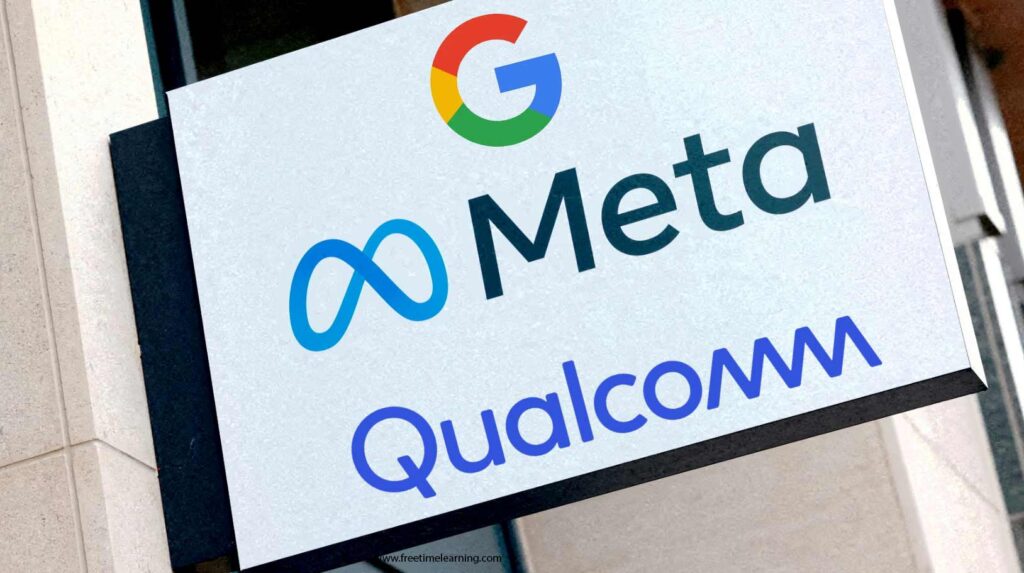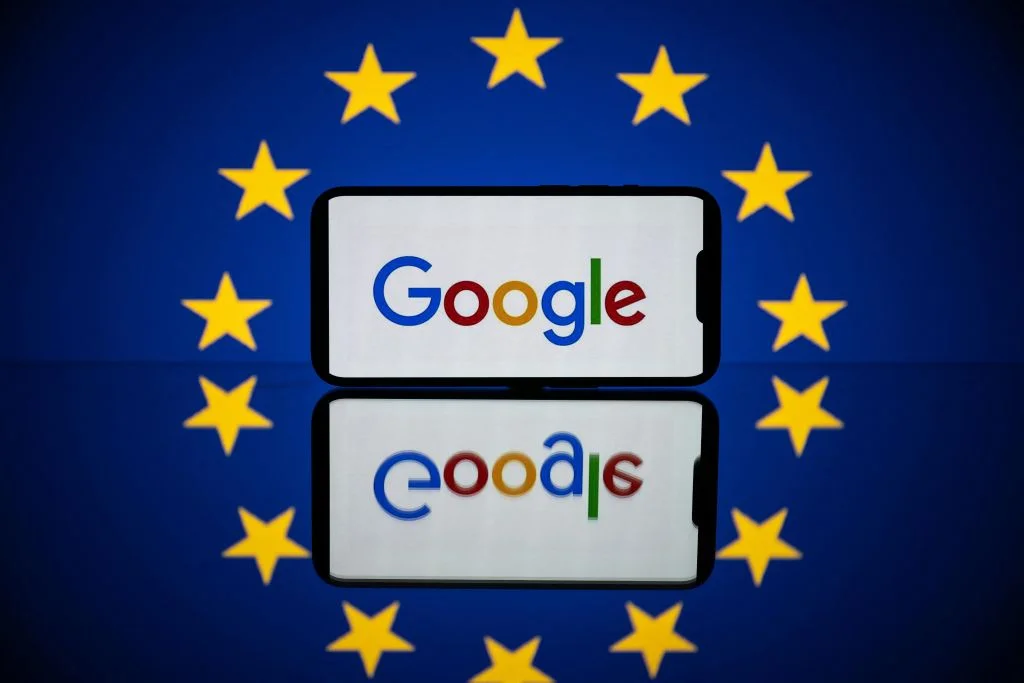CODE Initiative Advocates for Open Platforms and Systems in Tech Landscape
Alphabet’s Google, Meta Platforms, Qualcomm, and seven other prominent tech entities have joined forces in a collaborative effort aimed at advocating for open digital ecosystems, a response to the EU’s latest tech regulations. This coalition, self-identified as the Coalition for Open Digital Ecosystems (CODE), seeks to champion more open platforms and systems to foster heightened growth and innovation specifically within Europe.
CODE announced its commitment to collaborating with academics, policymakers, and businesses to advance digital openness. The group aims to explore ways of achieving this objective within Europe, particularly through the implementation of the Digital Markets Act (DMA) and forthcoming developments in the EU regulatory framework.
he DMA requires gatekeepers — tech giants that control access to their platforms — to allow third parties to inter-operate with the gatekeeper’s own services and allow their business users to promote their offer and conclude contracts with their customers outside the gatekeeper’s platform.

“We have had a number of conversations in the past few months about what ‘good’ looks like when it comes to digital ecosystems in Europe, what fosters innovation, and what will positively impact competitiveness. We think openness is the crucial element,” Lynx founder Stan Larroque said in a statement.
Other members of the group are Chinese smart devices maker Honor, China’s Lenovo, French augmented reality start-up Lynx, US telecoms equipment maker Motorola, UK electronics maker Nothing, Norwegian tech company Opera and German messaging services provider Wire.
The primary objective outlined by the Coalition for Open Digital Ecosystems (CODE) revolves around fostering greater accessibility within digital ecosystems through collaborative efforts across various industries. Their mission involves advocating for enhanced connectivity and the development of interoperable systems, among other key initiatives.















